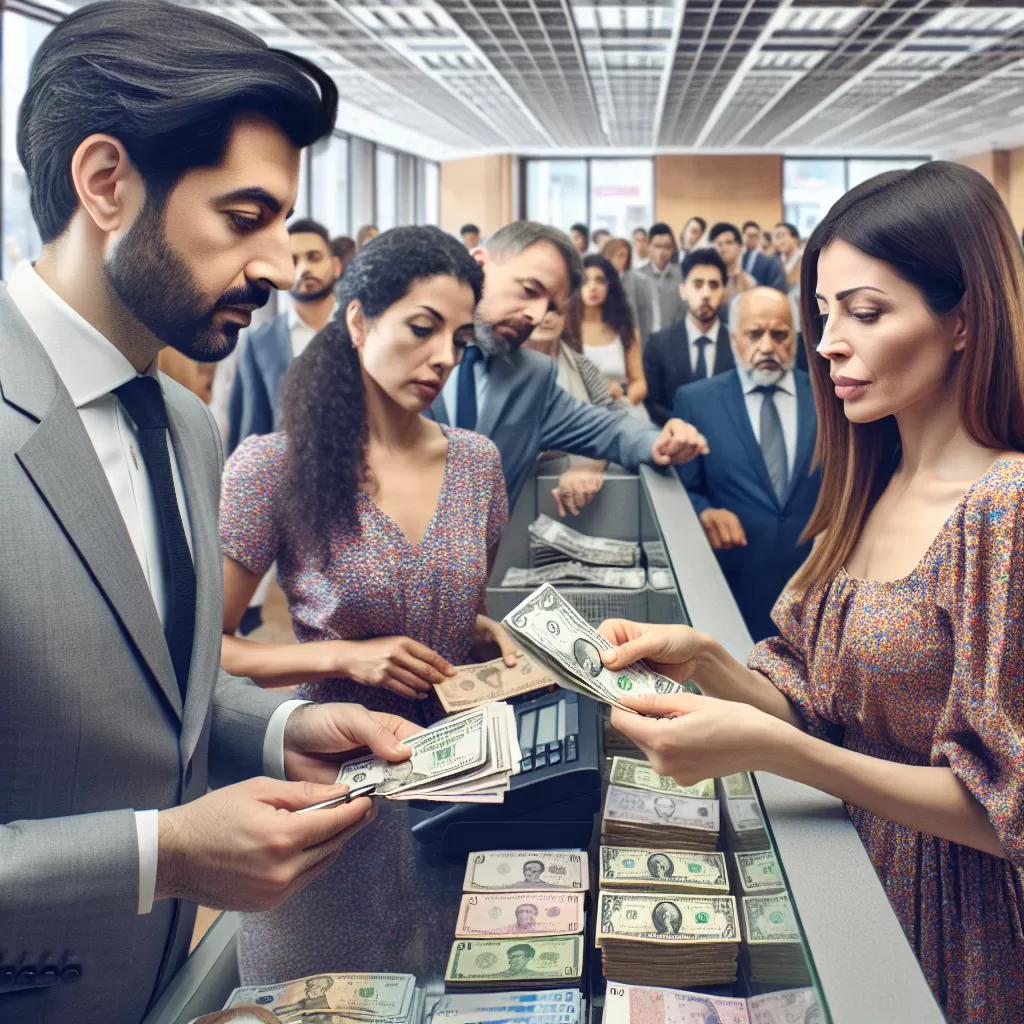Who Does Currency Exchange
Follow Currency Mart April 10, 2024
Where to purchase Foreign Currencies?

Introduction
Currency exchange is not only a global financial practice but also an economic phenomenon that impacts all aspects of our lives. From travelers, businesses, investors, to sovereign nations, the art and science of currency exchange are crucial. But who actually does currency exchange? Let's delve in.Commercial Banks
At the forefront of currency exchange are commercial banks, which serve individuals, businesses, and other banks. They handle direct currency exchange for customers and are often the first point of contact for anyone needing to exchange money. Their reach, given their brick-and-mortar establishments and online platforms, provides the accessibility most people need.Bureau de Change
Bureau de Change or foreign exchange bureaus are specialized establishments dealing explicitly with currency exchange. They usually have physical locations, such as airports or tourist hotspots, making them ideal for travelers. While they sometimes attract higher fees, their robust currency availability and immediate service delivery make them a viable choice.Online Exchange Platforms
In the era of digitization, online exchange platforms have become extremely popular. They offer efficient, seamless, and often low-cost currency exchange services. Companies like TransferWise or Revolut lead this space, providing competitive exchange rates, minimal fees, and the advantage of carrying out transactions from the convenience of your home.Investment and Central Banks
Institutional bigwigs like Investment and Central Banks also participate in currency exchange. They influence exchange rates through monetary policy and interest rates. In contrast, the investment banks trade currencies as part of their investment portfolios, hoping to capitalize on currency price fluctuations to make profits.Currency Brokers
Currency brokers, another set of players on the currency exchange stage, facilitate the exchange of huge amounts of currency for their clientele typically businesses or high-net-worth individuals.Peer-to-Peer (P2P) Currency Exchange
A relatively new breed of currency exchangers are Peer-to-Peer platforms. These digital spaces connect individuals wanting to exchange currencies directly, bypassing banks or brokers. P2P platforms usually offer lower charges and better rates, thanks to their innovative, decentralized approach.Retail Currency Exchanges
Retail investors, through retail forex brokers, also involve in currency exchange. Retail forex trading has grown significantly with technological advancements, allowing individuals to trade currencies from their laptops or smartphones.Conclusion
Currency exchange involves a vast array of players, each contributing to the fluidity and dynamism of the global financial ecosystem. As technological strides continue to design how currency exchange is performed, one can only expect more participants and increased innovations in this fascinating world of numbers, values, and transformations. Understanding who involves in currency exchange is the first step towards a more engaging, knowledgeable journey into the realm of currencies.
Where to purchase Foreign Currencies?